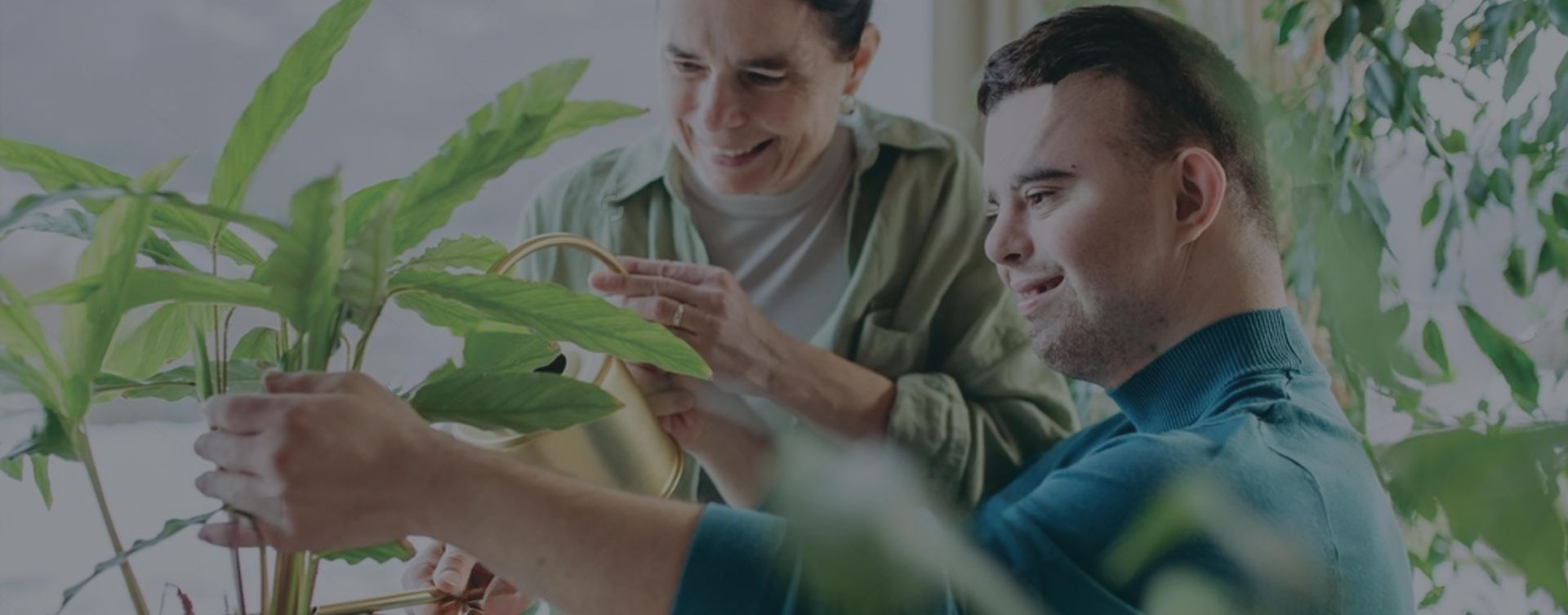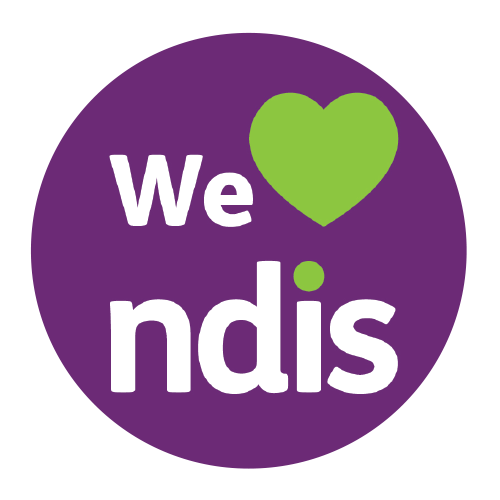Understanding the NDIS support system
As an individual with a disability, it can be stressful and at times disheartening trying to understand how best to navigate your journey to help you get the care and quality of life that is the basis of any human need. This is where the National Disability Insurance Scheme or ‘’NDIS’’ steps in to assess, plan and optimise ways to ensure no individual with a disability should feel isolated from functioning and living a quality driven life any different from other members of society.

What is the National Disability Insurance Scheme?
The NDIS provides support via community organisations across Australia, assisting participants with a disability in providing funding for assistance with care – this funding can be used for healthcare provision in multiple areas of your life whether it be direct medical care such as physicians; to optimising an independent and self-advocated plan to access services in areas such as self-care and access to community.
Currently the NDIS supports life changing funding for access to services to approximately 550 000 Australians across the country. These figures provide insight into the commitment of the NDIS to ensure individuals with disabilities are offered support options and valuable opportunities to improve quality of life; and to aid in the understanding that having a disability does not mean you ‘’CANT’’ and rather, with the correct support – that you ‘’CAN’’ still lead a normal life and have access to opportunities available to any member of society.
The NDIS performs evaluations based on your disability and assists in providing a care plan that is most suitable and beneficial to your needs. Support Coordination Funding is then provided to access the services on your care plan. A common misconception is that you receive the funding and are just left to navigate and allocate it on your own, with no opportunity for ongoing evaluation if your needs change. The NDIS understands that circumstances may arise and that your care plan may need restructuring and therefore provides services for a plan review at any stage of your care.
How does Health Staff Australia assist you as a NDIS provider?
The NDIS will provide you with a Support Coordinator who will assist you in how best to allocate the funding and will connect you with Health Staff Australia to provide the care you require.
Health Staff Australia provides support and services from Bulli to Batemans Bay.
As a provider with a fundamental core value in providing the best care and assistance, Health Staff Australia is committed to looking at all aspects of your life and areas that may be overlooked - therefore we work with your Support coordinator, but also include advice and insight from Occupational therapists and other Healthcare Providers to ensure an optimal support network in the use of the allocated funds.
Our care is comprehensive, and we strive to ensure support that encompasses the full spectrum of understanding the challenges participants face in living with a disability.
Our Disability Care Workers commit to a holistic approach, forming firm bonds with our participants that often lead to lifelong friendships. This means our Care Workers are trained to understand that a physical disability may also require encouragement and psychological support and a mental disability may require encouragement and physical support in accessing and interacting with the community or participating in activities that promote and uplift mental well-being.
Ultimately our goal is to go above and beyond, and we always encourage and welcome our NDIS participants to advocate for additional needs that fall outside the scope of their care plan. This can come in the form of additional care shifts and the benefit of offering a range of support shifts tailored to your needs.
Alongside the support of medical physicians, we also aid with:
- Self-care -inclusive of personal care such as showers and hygiene needs.
- Access to community, social and recreational activities -getting you out and about to do shopping or visiting friends.
- Provider travel -If you want to go on an outing to a place of interest, our care workers will drive you there.
We align with the value that each participant deserves access to comprehensive and quality care, no matter the financial circumstances and will assist you in navigating access to the support of the NDIS, as well as assistance if your plan needs to be re-evaluated.
For full information in on the NDIS, please visit:
For information on how to apply for changes to your plan, please visit:
We also invite you to visit our website or get in touch with Health Staff Australia for more personalised information on needs that you may require via:





